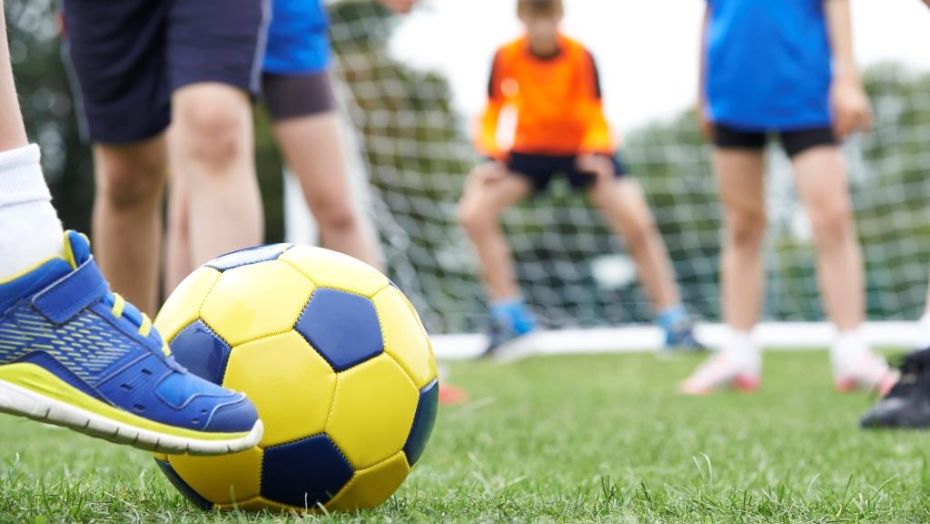
Testing for a Concussion: What is Baseline Testing?
Concussions are a relatively mild form of traumatic brain injury. Recovery from them usually does not require significant medication intervention, as most people are able to get back to their normal baseline, or their normal level of function, in their own given time.
How is Baseline Testing Helpful?
When a student athlete becomes injured, an assessment of when they can return to their chosen sport should involve an adequate physical and neurologic exam, as well as the reduction of their symptoms back to baseline levels. For this reason, it can be very useful to have the individual’s cognitive function data prior to the event of an injury.
Sometimes, symptom resolution and a normal physical and neurological exam may be misleading and can lull an athlete into a false sense of recovery. Measurements of reaction time and different aspects of learning and memory can be adequately recorded for many people, and stored for future analysis, in case they get injured.
Schedule Baseline Testing for Your Child
What is Baseline Testing?
Concussion baseline testing is a tool that helps a clinician determine whether or not the more subtle effects that happened after an athlete’s concussion have resolved or if they’re still ongoing. There are many times when a student athlete may feel as if they’re back to normal, and even have a normal neurological exam, yet still not be ready to return to full activities and sports.
We know that around 90% of people get better from a concussion within the first few weeks after their injury. It is very important to make sure that when someone begins the return to play steps that they are not prematurely endangering themselves by going back too early.
Studies have shown that the time period with the highest chance of repeat concussion is within the first few weeks of recovery. Other studies have shown a surprisingly high percentage of patients can suffer non-concussion injuries, such as anterior cruciate ligament tears, Achilles tendon injuries and hamstring injuries, which may be more severe for the athlete especially if it’s a season or career ending injury. Concussion baseline testing can ultimately be a very helpful tool to decide whether or not someone is truly ready to get back onto the playing field.
Limitations of Concussion Baseline Testing
However, concussion baseline testing should not be viewed as protection from concussion. It should also not be viewed as a type of “armor” to make the brain more resistant to concussion. Additionally, concussion baseline testing and post-injury testing should definitely not be viewed as a treatment for concussion.
From the student athlete’s perspective, it is important that concussion baseline testing is not seen as a punishment but rather a precaution. It is useful to have this information, whether or not it’s needed, rather than to need it and not have it.
